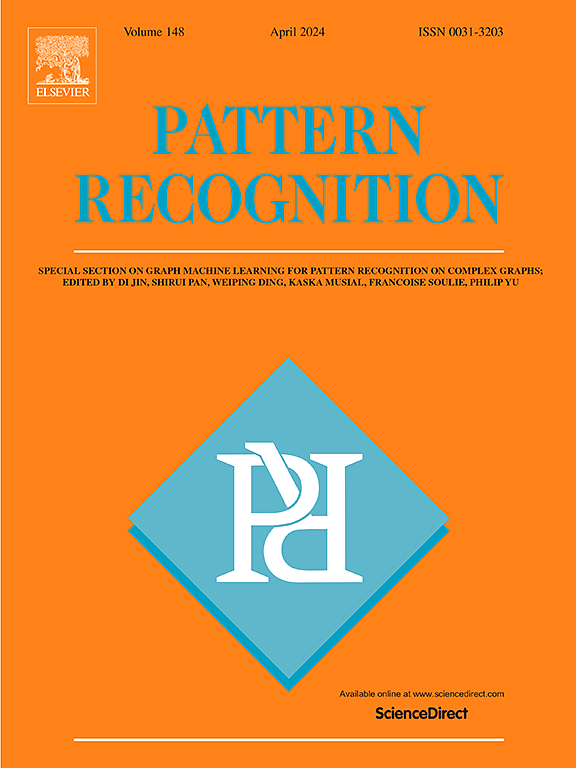CEDNet: A cascade encoder–decoder network for dense prediction
IF 7.5
1区 计算机科学
Q1 COMPUTER SCIENCE, ARTIFICIAL INTELLIGENCE
引用次数: 0
Abstract
The prevailing methods for dense prediction tasks typically utilize a heavy classification backbone to extract multi-scale features and then fuse these features using a lightweight module. However, these methods allocate most computational resources to the classification backbone, which delays the multi-scale feature fusion and potentially leads to inadequate feature fusion. Although some methods perform feature fusion from early stages, they either fail to fully leverage high-level features to guide low-level feature learning or have complex structures, resulting in sub-optimal performance. We propose a streamlined cascade encoder–decoder network, named CEDNet, tailored for dense prediction tasks. All stages in CEDNet share the same encoder–decoder structure and perform multi-scale feature fusion within each decoder, thereby enhancing the effectiveness of multi-scale feature fusion. We explored three well-known encoder–decoder structures: Hourglass, UNet, and FPN, all of which yielded promising results. Experiments on various dense prediction tasks demonstrated the effectiveness of our method.1
CEDNet:用于密集预测的级联编码器-解码器网络
用于密集预测任务的主流方法通常利用重型分类骨干网提取多尺度特征,然后使用轻型模块融合这些特征。然而,这些方法将大部分计算资源都分配给了分类主干,从而延迟了多尺度特征融合,并可能导致特征融合不充分。虽然有些方法在早期阶段就进行了特征融合,但它们要么不能充分利用高级特征来指导低级特征学习,要么结构复杂,导致性能未达到最佳。我们提出了一种精简的级联编码器-解码器网络,名为 CEDNet,专为密集预测任务定制。CEDNet 中的所有阶段共享相同的编码器-解码器结构,并在每个解码器中执行多尺度特征融合,从而提高了多尺度特征融合的效果。我们探索了三种著名的编码器-解码器结构:沙漏、UNet 和 FPN,它们都取得了令人满意的结果。各种密集预测任务的实验证明了我们方法的有效性1。
本文章由计算机程序翻译,如有差异,请以英文原文为准。
求助全文
约1分钟内获得全文
求助全文
来源期刊

Pattern Recognition
工程技术-工程:电子与电气
CiteScore
14.40
自引率
16.20%
发文量
683
审稿时长
5.6 months
期刊介绍:
The field of Pattern Recognition is both mature and rapidly evolving, playing a crucial role in various related fields such as computer vision, image processing, text analysis, and neural networks. It closely intersects with machine learning and is being applied in emerging areas like biometrics, bioinformatics, multimedia data analysis, and data science. The journal Pattern Recognition, established half a century ago during the early days of computer science, has since grown significantly in scope and influence.
 求助内容:
求助内容: 应助结果提醒方式:
应助结果提醒方式:


